What You Need To Know About Phthalates
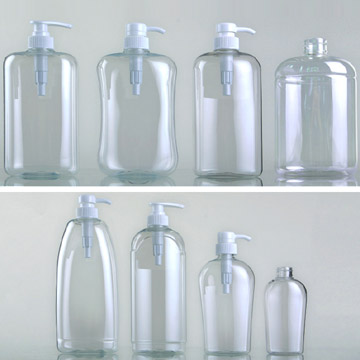
It seems like there are a million things you’re supposed to be avoiding these days, right? From pesticides to parabens, you can find fear-invoking posts by the thousands. That doesn’t mean the risk isn’t real though and it certainly doesn’t help when you’re trying to weed through which are the worst culprits that should be ditched immediately. One of my goals with Maison Pur is to help readers determine what poses the biggest risk to their health (and their family’s). I always try to provide as many of my sources as possible when I write a post like this, however, I am not a scientist. My brother is a nuclear physicist so maybe I am a little. By proxy, right? Too much of a stretch? Ok, call me a concerned consumer. And with several new studies out this past year pointing the finger at phthalates for everything from low sperm count to lower IQ scores, you bet it got my attention. Many of the studies showed the effects start early in pregnancy. Scary right? Well, here’s what you need to know about phthalates.
What is it?
First things first: How do you even say it? Despite what I’ve been calling it for years, it’s actually pronounced “Thal-ates”. Phthalates refer to a group of chemicals that make plastics flexible and harder to crack or break. They are sometimes referred to as plasticizers. They can be found in many products such as personal care products (think: soaps, shampoos, nail polish), air freshener, perfume, children’s toys, flooring, adhesives, detergents, raincoats, hair spray, food storage containers, and WIDELY used in medical devices, which we’ll talk about in a minute. They are used in so many products that it’s hard to avoid them completely. You know when a plastic item tends to crack over time? That’s because the Phthalates leach out of the products over time. To get scientific: they’re generally small molecules that can easily move between big chains of molecules- which is part of why they make an item so flexible or fragrance stick better to your skin, but also the reason they pose such an exposure risk. Since they so easily leach out of the products they’re in, you have a greater exposure risk to them when you come into contact with products containing them.
Why are they dangerous?
The problem with phthalates is that they are known hormone disruptors– (particularly sex hormones) and new studies have shown a correlation to low sperm quality in men. Pregnant with a boy or have a young boy? There’s large a risk of them disrupting baby boys’ hormones and many studies have linked them to genital deformities and less masculine play as they get older, in addition to the low sperm quality. They’re also enzyme inhibitors, allergens, and have proven to be carcinogenic in animals- We don’t know how carcinogenic they are to humans because it hasn’t been studied. Despite how widespread their use is, they have been grossly understudied and many organizations have asked for more studies to be done of the effect on human health. It seems what we know about them is just the tip of the iceberg. In studies that have been done, women and children showed much higher amounts of phthalates in their urine, which is no surprise given the types of products it’s used in.
How are you exposed?

Exposure can happen through many different sources. Ingestion would be a big one since food is sometimes packaged or stored in plastics containing phthalates, or consider babies and how they put everything in their mouths. Some organizations have banded together to remove phthalates from children’s toys but they are still present in a lot of them. You can also inhale it through off-gassing or absorb it through using products on yourself or your children that contain it. MANY traditional lotions, soaps, perfumes, etc., use phthalates as part of their formulation. A big source of exposure is through medical devices during hospitalization. A large number of catheters and IV equipment contains phthalates, along with things like blood bags or other fluid bags. People being treated by dialysis often have a much higher rate in their system. Babies who had to spend time hooked up to medical equipment in NICU had soaring levels when tested. Young children, particularly boys are at the greatest risk and measures should be taken to lessen the amount of phthalates used around them. (If you’re pregnant, those lotions and air fresheners do make their way through your bloodstream to the baby inside you.)
What can you do to avoid it?
So what can you do to limit your exposure? It seems daunting to completely avoid it, but the more you can eliminate it, the better.
- First, avoid anything containing “fragrance”. This includes detergents, air fresheners, cleaners, lotions, and other personal care products.
- Avoid heating food in plastic containers or putting those in the dishwasher since the heat can make them release more phthalates.
- Choose glass or stainless steel containers to store food and liquids.
- Steer clear of anything containing PVC or vinyl. Seriously, don’t even bring that stuff into your house.
- Be a minimalist with baby products. They don’t need 100 bath products- use the minimum and make sure they are completely natural with no added synthetic fragrance.
- Pick toys, teethers, and pacifiers made of natural materials: latex, wood, cloth, etc.
- Instead of letting your child play with Polymer Clay, try a simple (and cheap) homemade playdoh recipe.
- After painting a room or an item, allow plenty of ventilation so it can do its initial off-gassing before bringing children around it.
Ingredients/substances to avoid:
DBP (dibutyl phthalate)
DNOP (di-n-octyl phthalate)
DiNP (diisononyl phthalate)
DEP (diethyl phthalate)
BBzP (benzyl butyl phthalate)
DEHP (di 2-ethylhexl phthalate)
DiDP (diisodecyl phthalate)
DnHP (di-n-hexyl phthalate)
DMP (dimethyl phthalate)
DnOP (di-n-octylphthalate)
Bisphenol A (BPA) is another plasticizer
Additional reading:
http://www.cdc.gov/biomonitoring/Phthalates_FactSheet.html
http://www.epa.gov/oppt/existingchemicals/pubs/actionplans/phthalates.html
http://www.ewg.org/key-issues/toxics/phthalates
http://www.cbsnews.com/news/phthalates-are-they-safe/
Here is the industry’s rebuttal (Despite what they say, phthalates have been drastically under-studied, so I’m not sure this really holds water. Where are these extensive studies on human health??):

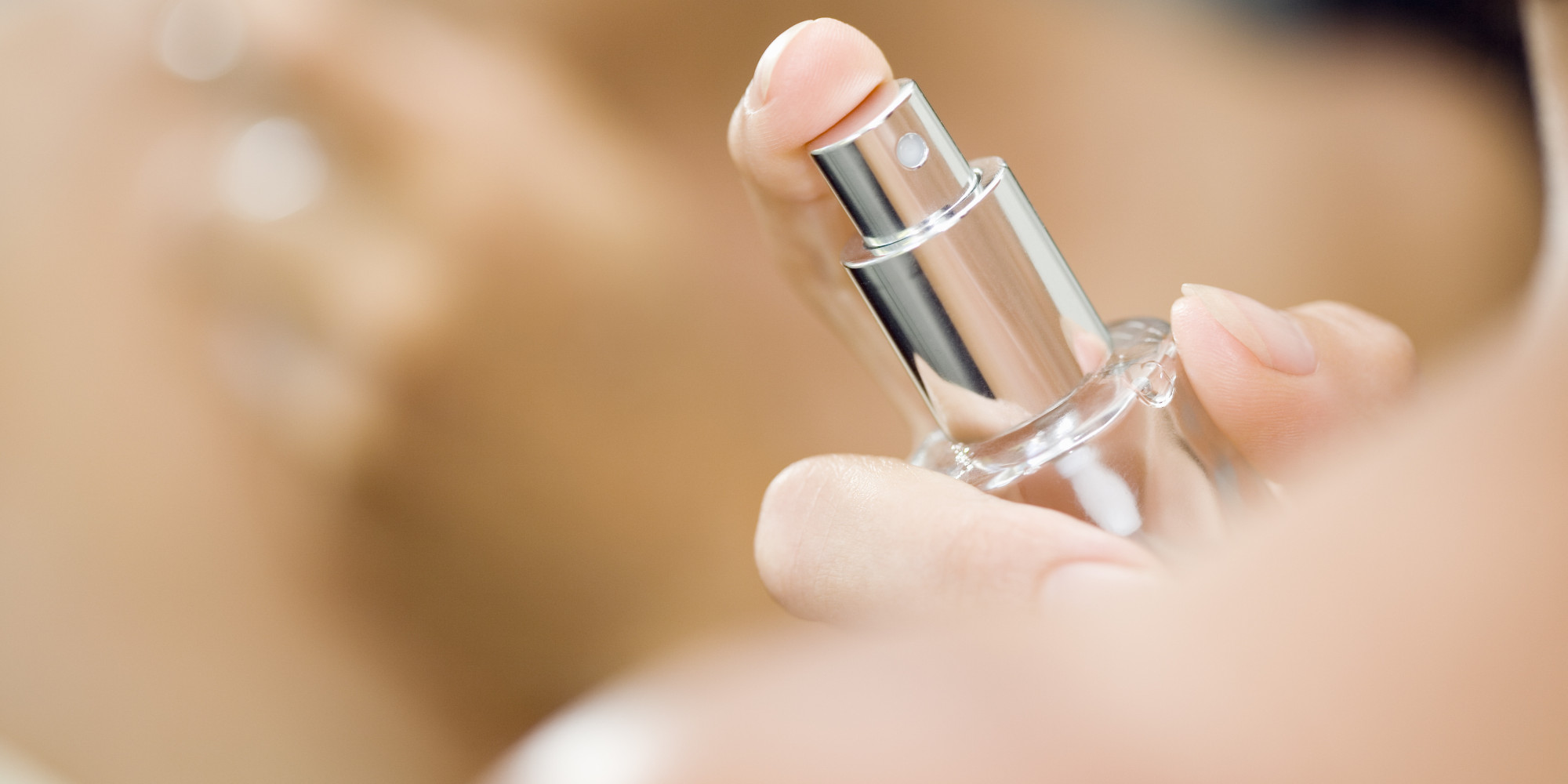


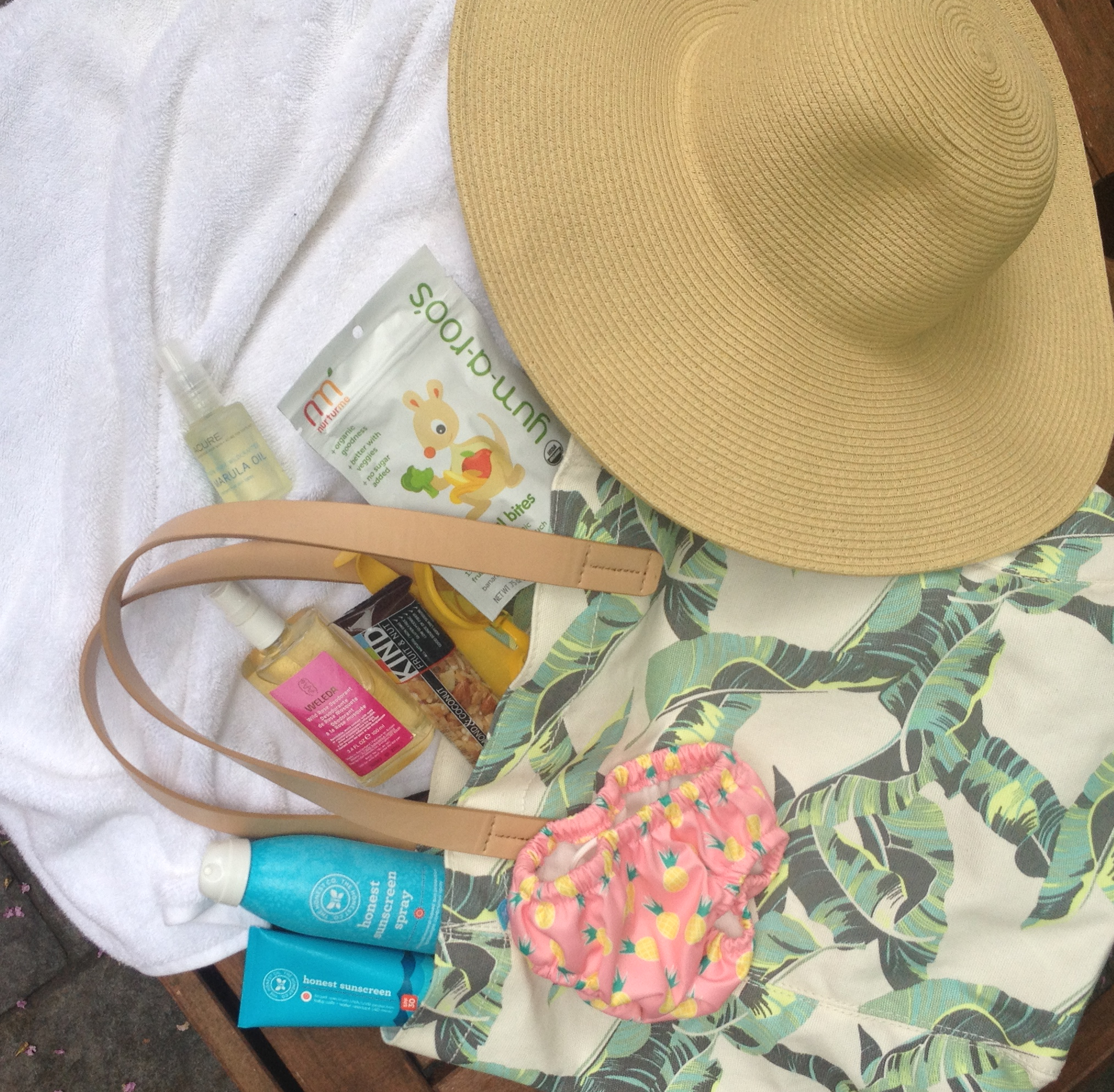
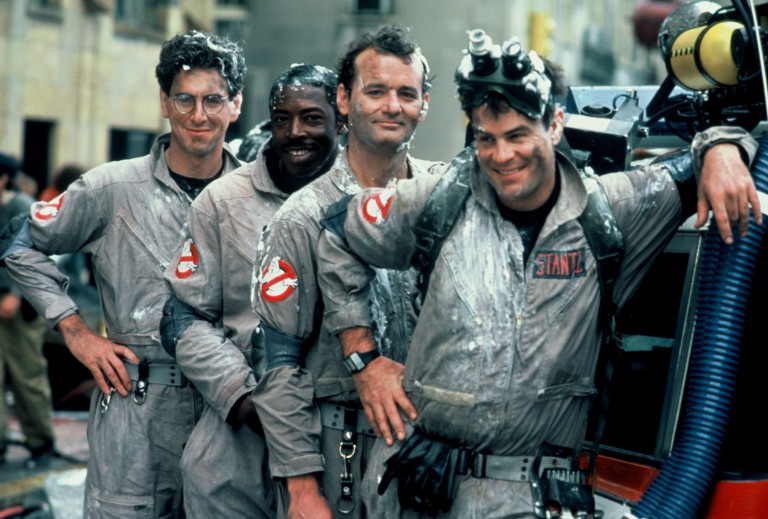
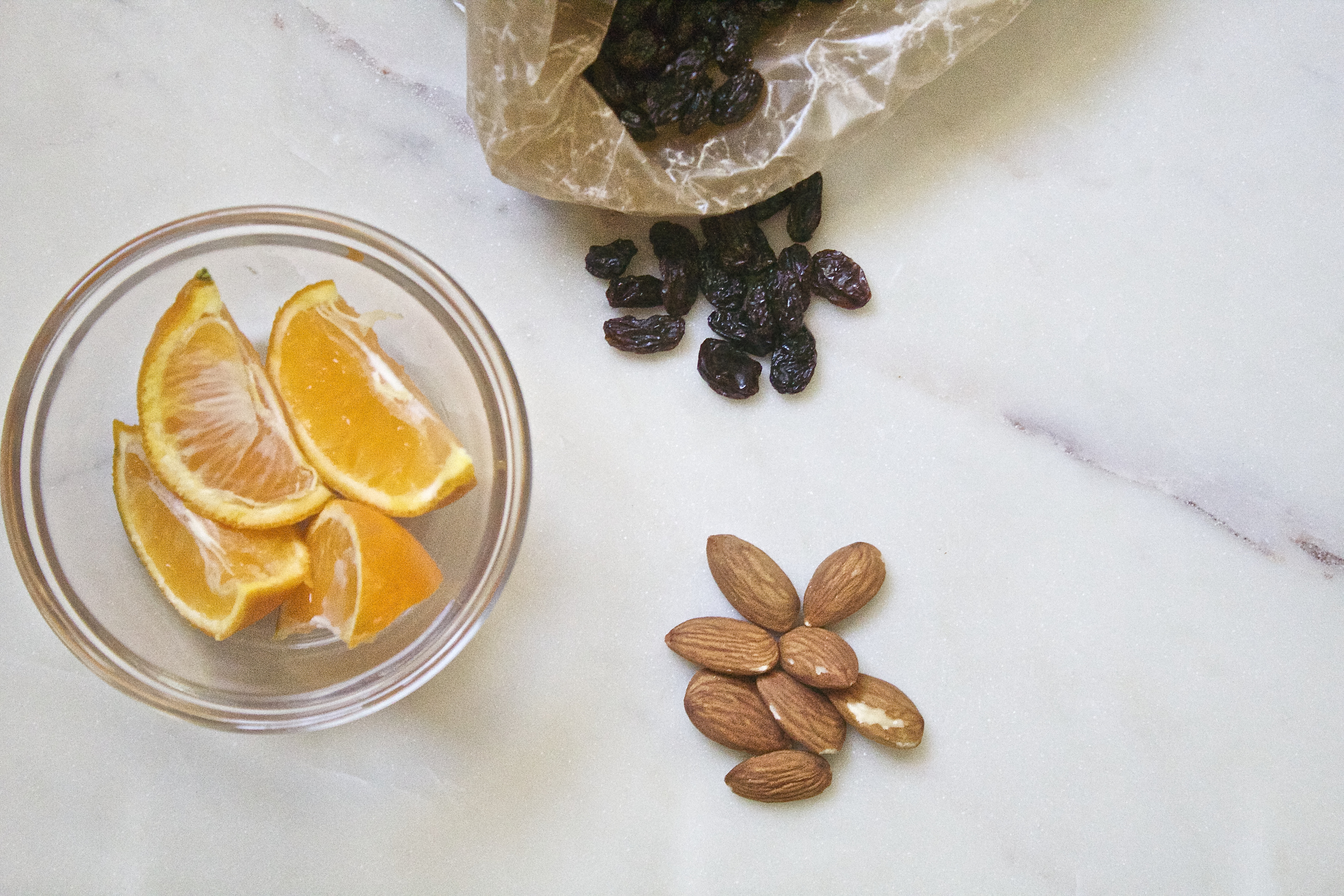
3 Comments